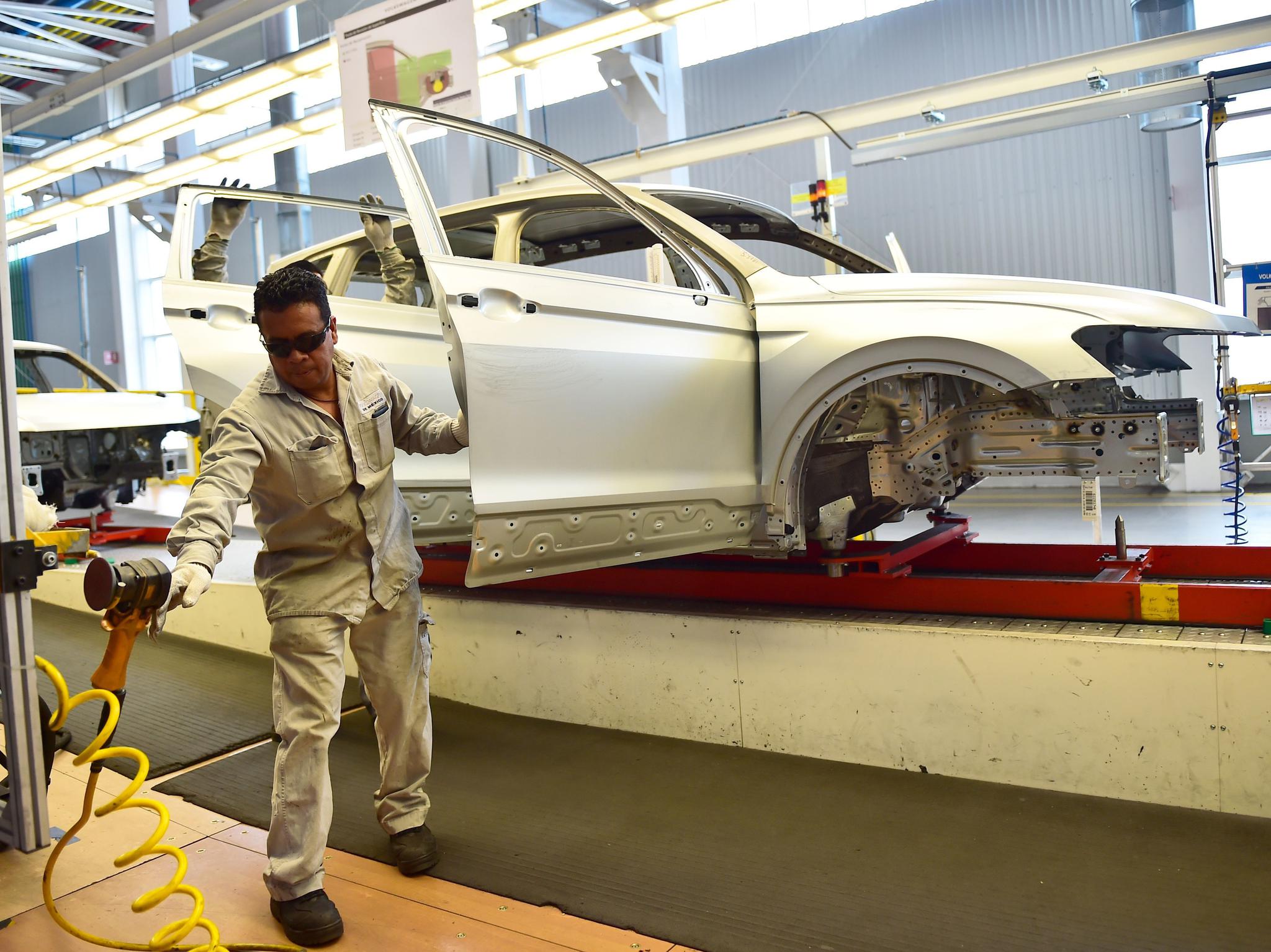Will NAFTA 2.0 Really Boost Mexican Wages?
The new trade deal signed by the U.S., Mexico and Canada says much of a car should be built by workers making at least $16 an hour. Some experts are skeptical that will happen anytime soon in Mexico.
by Carrie Kahn
Oct 17, 2018
4 minutes

NAFTA is no more. The North American Free Trade Agreement has a new name — the United States-Mexico-Canada Agreement, or USMCA — and its rules have been updated and revamped.
For Mexico, there's one rule in particular that gives workers hope higher wages are coming.
It says that 40 percent of a car must be made in a plant where workers make at least $16 an hour in order to avoid U.S. import tariffs. That would mean a fivefold boost to the average Mexican autoworker's wage of $3.14 an hour.
But while that looks good on paper, some experts are skeptical that it will
You’re reading a preview, subscribe to read more.
Start your free 30 days



